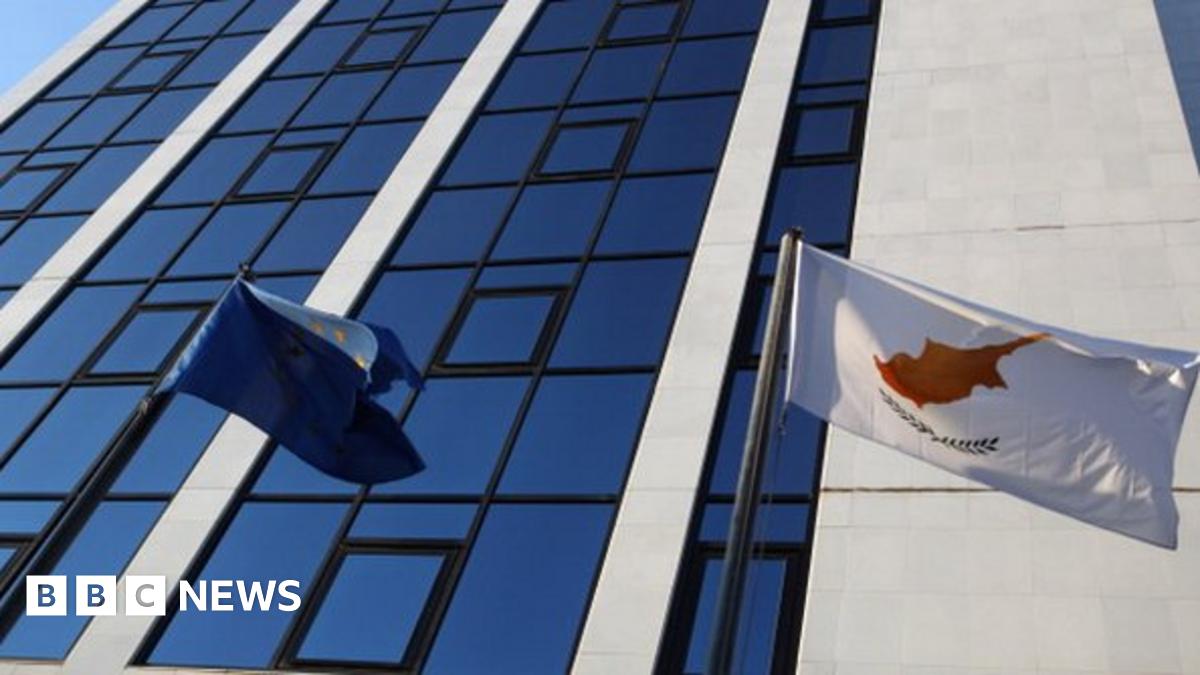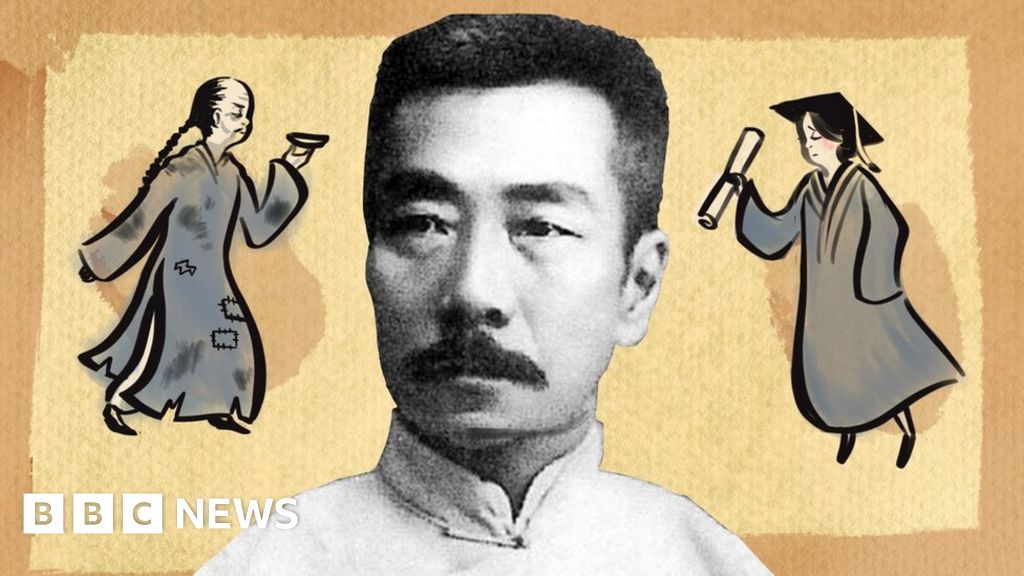Debt crisis overshadows Cyprus presidential election

[ad_1]
Mr Anastasiades has built a strong relationship with German Chancellor Angela Merkel and other European leaders, and has presented himself as the candidate best suited to deal with Brussels.
But he will be judged by Cypriots on his success or failure to end an economic crisis that has already seen their standard of living decline.
Under austerity measures introduced thus far, civil servants have taken an average 10% cut in pay, VAT has been increased and the cost of living allowance has been suspended.
Cypriots are in no mood for more cuts of this kind.
Yet there is likely to be more hardship ahead.
As European bailouts go, 17.5bn euros may not seem such a huge amount.
But the size of the Cypriot economy means that by 2016 the debt would reach what the IMF regards as the unsustainable level of 140% of annual GDP.
The only option for Cyprus then is to somehow reduce the amount it needs to borrow in the first place.
So what might Mr Anastasiades have up his sleeve?
One of his key policies is to raise capital by seeking strategic investors for the state-run electricity, telephone and ports authorities – if not opting for outright privatisation.
There have also been suggestions that private depositors with investments of more than 100,000 euros should be obliged to endure a “haircut”.
But economists argue that this would inflict such damage on investor confidence across the EU that it should only be considered as a last resort, a “nuclear option”.
Whatever option the new president decides on, economist Symeon Matsis says that he “will have to build bridges with his EU partners”.
“Their confidence in Cyprus has been badly damaged. But he won’t have much time, a lot of time has been wasted already.”
In short, Cyprus’s new head of state will face an unenviable task – even if it is not mission impossible.
Source link




